
No Tobacco Day was celebrated in cities across Bosnia and Herzegovina (BiH) with the interactive multimedia exhibition and artistic performance series called “A Life in Smoke – Save Me!” organized by members of the “Klima Bez Dima” (“Environment Without Smoke”) initiative.
The initiative, which is part of the “Reducing Health Risk Factors in BiH” project supported by the Government of Switzerland and implemented by the World Bank in BiH, aims to raise awareness about the harmful effects of tobacco smoke and activate support for the revision of current tobacco control laws.
As part of Klima Bez Dima’s No Tobacco Day activities in Sarajevo, the Athletic Club “Atleta” from Novi Grad Sarajevo held an event called “A Race for the Lives of Young Champions” while young martial artists from Karate Club “Perfekt” Sarajevo delivered an artistic performance during which they utilized their craft to symbolically disperse the dark clouds of tobacco smoke the envelop much of Sarajevo’s public spaces.
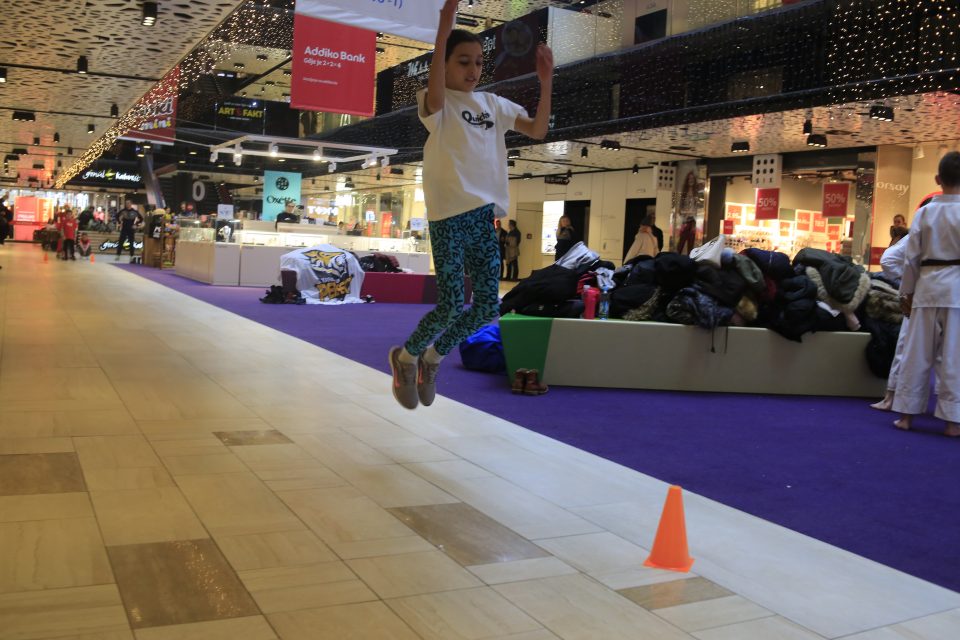
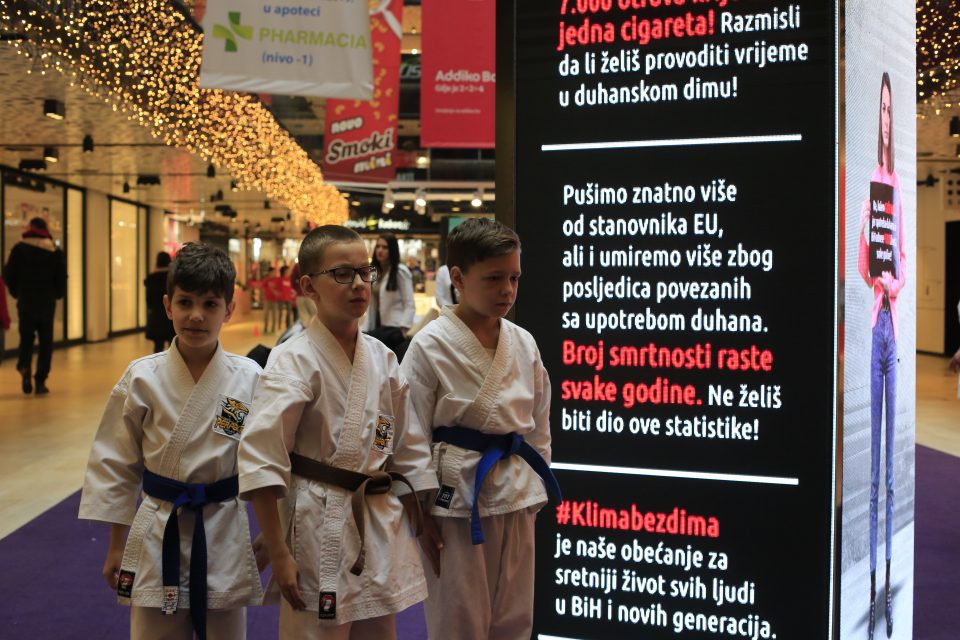
32-year-old Amel Kapo, the founder of the first and only swimming club in BiH for people with disabilities “Spid”, says that he supports the Klima Bez Dima campaign and initiative.
“First off, my entire family and I are non-smokers and it definitely bothers me when I go into an enclosed area that is filled with smoke. When we get home afterward, we literally have to take off all of our clothes because they stink of tobacco. If one of our goals is European Union integration, then we need to have and enforce non-smoking regulations. One of our club’s sayings is “We are all equal in water,” so why not be equal on dry land too?” says Kapo.
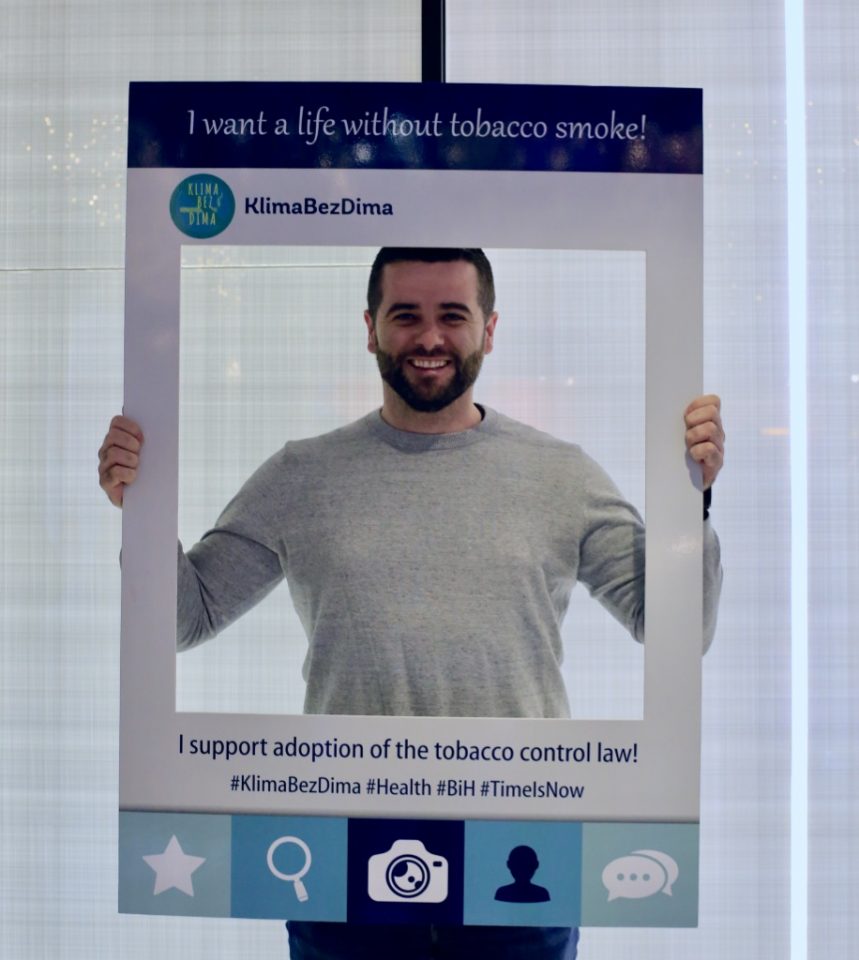
Tomislav Cvitanušić from the association “Maraton” in Sarajevo notes that health is an integral part of maintaining a stable society, and, although a societal shift towards embracing a healthier lifestyle is a long-term process, he believes that initiatives such as Klima Bez Dima play a crucial role in moving BiH forward down this path.
“We are falling behind when compared to other countries in our region and in Europe. This is why it’s even more important for us to implement such regulations at an accelerated pace,” Cvitanušić asserts.
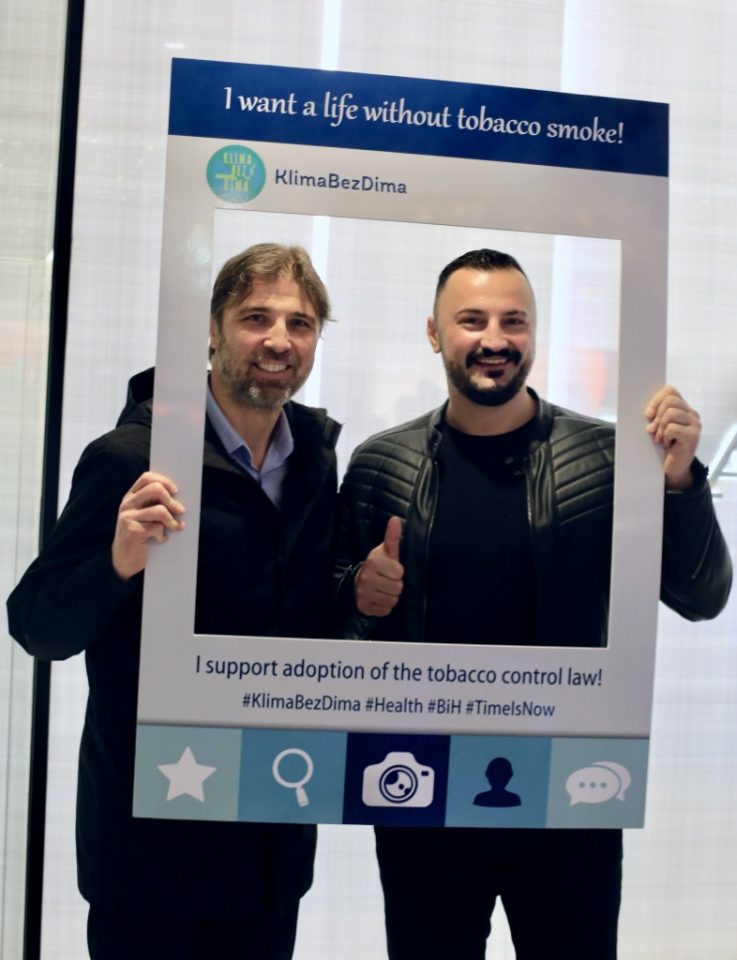
The informal coalition “Partnership for a Smoke-free BiH” saw No Tobacco Day 2019 as an opportunity to appeal to all levels of BiH government to fulfill their obligations and ensure the respect and protection of the human rights to life and a healthy environment. The coalition, which is comprised of forty member organizations, is demanding the immediate adoption of a new legal framework that falls in line with the World Health Organization (WHO) Framework Convention on Tobacco Control.
An insistence on the adoption of tobacco control legislation that will improve the overall health of the population was emphasized throughout the day’s promotion of the Klima Bez Dima campaign and BiH is obliged to comply with the ratified Framework Convention on Tobacco Control.
Director of Cooperation at the Swiss Embassy in BiH, Barbara Dätwyler Scheuer, says that everyone is aware that smoking is allowed in most public places in BiH, but that many citizens and decision makers are still unaware of the harmful effects of exposure to tobacco smoke and that children are often the first victims.
“We are joining a call for public action to save lives and ban smoking in public places. Let’s protect the children, the pregnant women, the elderly, the non-smokers and all others who choose to live a life free of tobacco smoke,” she said.
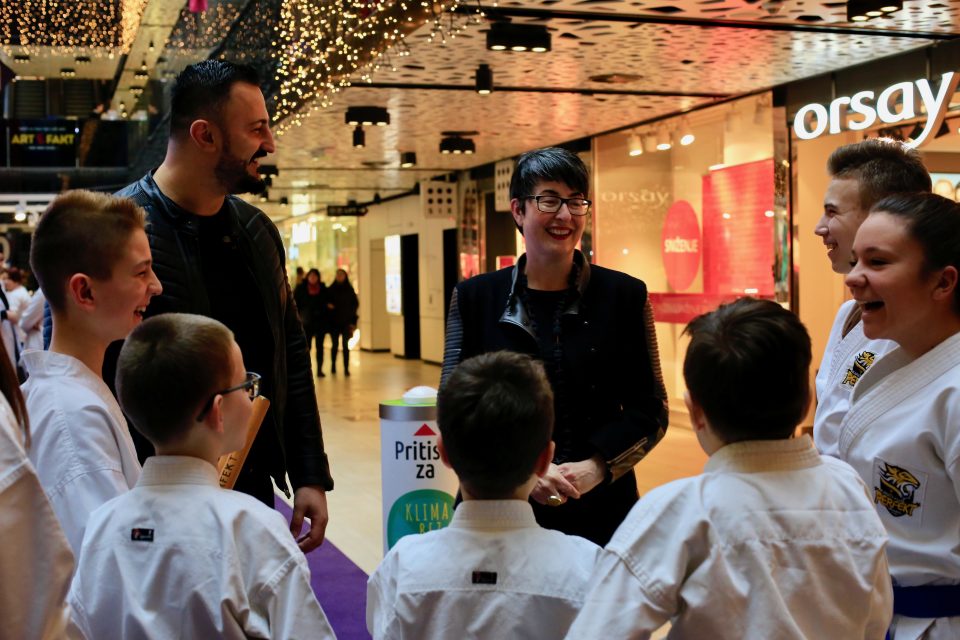
Professor Aida Ramić Čatak spoke about the negative health effects of tobacco smoke, stating that passive and involuntary smoking involves more people than just those who are active smokers. Active smokers exhale three-quarters of their tobacco smoke into the surrounding environment, thus endangering all those around them.
The professor reminds us that anyone who is staying in a room with other smokers has the same chance of getting sick from a smoking-related illness as if they were an active smoker themselves. Children, newborns, pregnant women, and patients suffering from chronic illnesses are particularly vulnerable under these conditions.
In her opinion, the adoption of legislation is only one link in the chain, but it is a necessary link to enforce regulations under which no one can use their addition to justify the right to endanger the health of others.
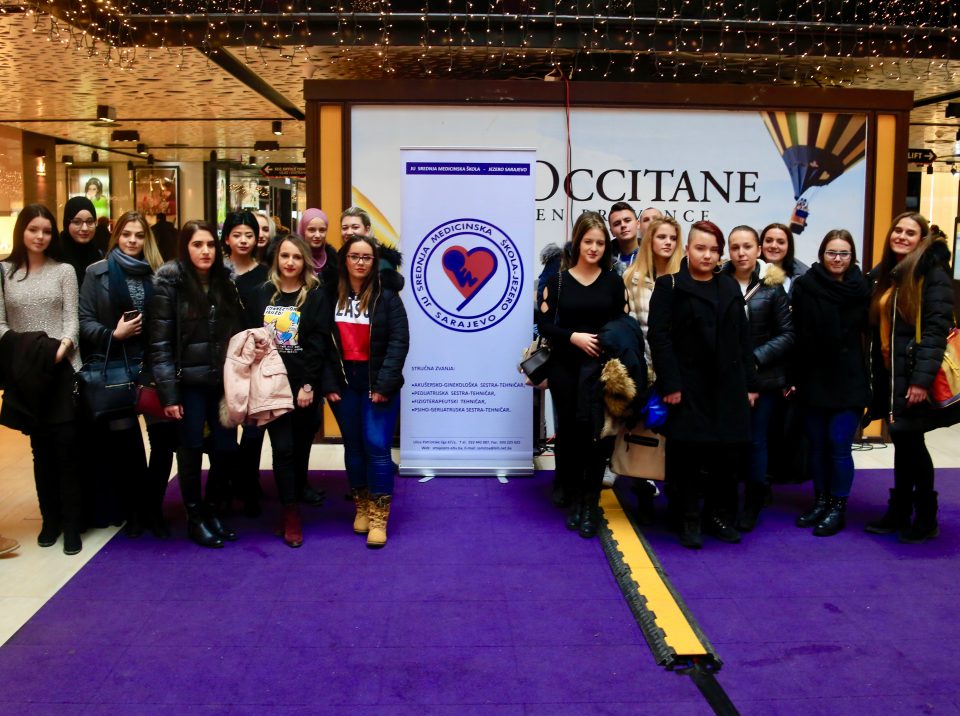
Jamele Rigolini, Lead Economist and Program Leader for Human Development and Poverty for the World Bank, believes that smoking affects not only health but all aspects of life, including economics. He states that the financial costs of tobacco products in BiH amount to around 900 million BAM annually, which includes the direct and indirect costs of the healthcare sector.
He adds that about 9,000 people die each year from tobacco-related diseases in BiH and another 900 die as a result of exposure to tobacco smoke.
“The average family spends more than 2,000 BAM on cigarettes annually, which is a lot of money,” concludes Rigolini.

To learn more about the Klima Bez Dima initiative and to sign the pledge to protect BiH citizens from exposure to second-hand smoke, visit www.klimabezdima.com.







